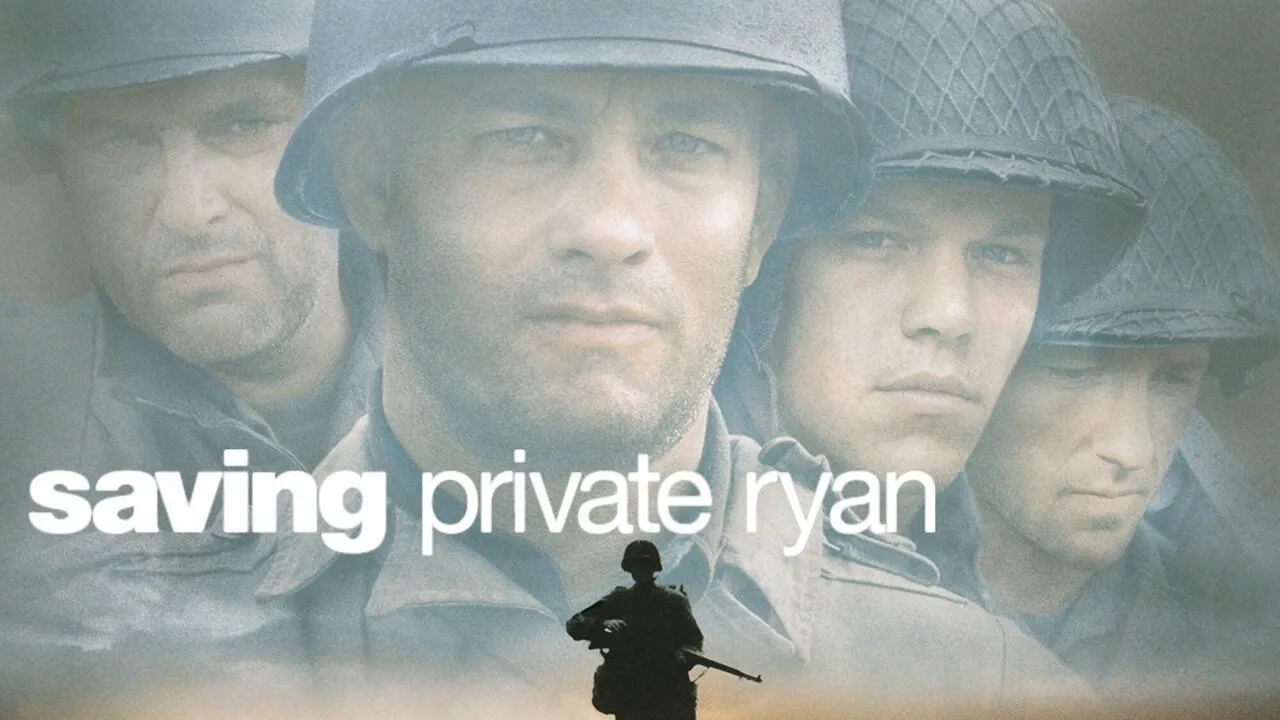Irréversible – A Brutal, Uncompromising Masterpiece of Time and Trauma
Irréversible is a film that divides, shocks, and lingers long after the screen fades to black. Directed by Gaspar Noé and released in 2002, this French psychological thriller is a visceral meditation on time, violence, and the irreversible consequences of human actions. Told entirely in reverse chronological order, Irréversible unfolds like a tragic puzzle, forcing the audience to experience the brutal aftermath of trauma before revealing the intimate moments that preceded it.
The film begins with chaos: a dizzying, disorienting camera rushes through a gay nightclub as two men — Marcus (Vincent Cassel) and Pierre (Albert Dupontel) — search for a man known as "Le Tenia," the suspected rapist of Marcus’s girlfriend and Pierre’s ex, Alex (Monica Bellucci). In one of the most graphic and shocking scenes in modern cinema, the film reveals that Alex was brutally assaulted and raped in an underpass, an act that sets the revenge-fueled narrative in motion.
But as the film moves backward through time, what initially appears to be a violent thriller transforms into something far more tragic and human. We see moments of tenderness between Marcus and Alex, light-hearted banter, and genuine love. By ending with a scene of Alex basking in the sun, reading in a park, full of life and innocence, Noé delivers a crushing emotional blow — we know what’s coming, even though she doesn’t. The structure of Irréversible forces the audience to live with that knowledge, transforming our understanding of each character and event as we move further away from the violence and closer to what was lost.
Technically, Irréversible is both audacious and punishing. The first half is filmed in long, unbroken takes, with a constantly rotating camera that creates a sense of nausea and tension. The use of an extremely low-frequency sound in the early scenes intensifies the unease, mimicking the physical symptoms of panic. These stylistic choices are not aesthetic flourishes — they are meant to disturb, to immerse, and to unsettle.
The performances are raw and fearless. Monica Bellucci delivers one of the most emotionally devastating portrayals of trauma in film history, while Cassel and Dupontel effectively convey rage, guilt, and helplessness. Their chemistry, particularly in the earlier (chronologically later) scenes, brings warmth and humanity to a film often remembered only for its brutality.
Noé’s message is made clear in the film’s final frames: "Time destroys everything." This nihilistic, almost cosmic statement isn't just about revenge or fate, but about how quickly love, life, and beauty can be shattered by violence. Irréversible challenges its viewers not just to endure its brutality, but to reflect on the fragility of human relationships, the randomness of tragedy, and the illusion of control.

Controversial and often misunderstood, Irréversible is not an easy film to watch — and it’s not meant to be. But for those willing to confront its harsh truths and devastating structure, it remains one of the most powerful cinematic explorations of violence and time ever made. It is not just a film you watch. It is a film you survive.


